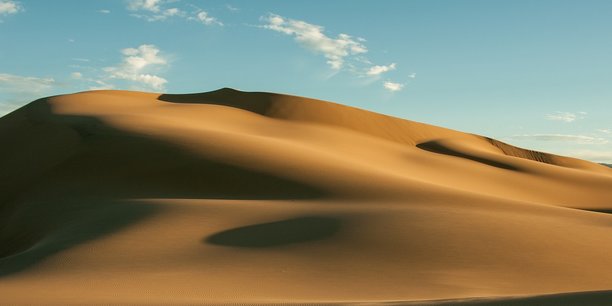En 2017, ce sont 3,8 millions d’Africains qui ont été raccordés à l’électricité. Un chiffre dont se félicite Akinwumi Adesina, même si le président de la Banque africaine de développement (BAD) souhaite faire encore mieux. « Nous sommes aujourd’hui à la pointe des investissements dans les énergies renouvelables en Afrique. Leur part dans le portefeuille énergétique de la Banque africaine de développement est passée de 14%, lorsque je suis devenu président en 2015, à 100% l’année dernière », a-t-il ainsi récemment déclaré, précisant que, « pour peu que nous ayons les financements, nous prévoyons de raccorder 29,3 millions de personnes à l’électricité entre 2018 et 2020 ». Des objectifs ambitieux qui s’inscrivent logiquement dans la grande politique de développement du continent, théorisée par la BAD dans ses High 5, les cinq priorités absolues pour accélérer la transformation économique de l’Afrique. L’une d’entre-elles consiste en effet à « éclairer l’Afrique et l’alimenter en énergie ». Et pour ce faire, quoi de mieux que d’utiliser une source d’énergie disponible en abondance : le soleil.
Du désert à l’abondance énergétique
La BAD a donc lancé l’initiative Desert to power dont le principe est simple : utiliser le potentiel des vastes territoires désertiques aujourd’hui délaissés. Lancé avec le soutien de l’Agence française de développement, ce programme concerne onze pays, à savoir la Mauritanie, le Mali, le Sénégal, le Burkina Faso, le Niger, le Nigeria, le Tchad, le Soudan, l’Érythrée, l’Éthiopie, et Djibouti. S’il a pour objectif principal de fournir de l’électricité aux ménages, il sera également utile aux agriculteurs (notamment pour l’irrigation), ou encore aux artisans.
Dans les années qui viennent, le programme prévoit d’ores et déjà l’installation de systèmes solaires d’une puissance totale de 10 000 MW. « Nous avons déjà commencé à développer une centrale solaire de 50 MW au Burkina Faso », a indiqué Akinwumi Adesina. Ainsi, 250 millions de personnes pourront être raccordés à l’électricité, dont 90 millions via des systèmes hors-réseau (c’est-à-dire grâce à de petites centrales solaires à l’échelle individuelle, efficaces et bon marché). « Cette initiative protégera la Grande muraille verte », une plantée d’arbres aménagée pour stopper la désertification dans la zone sahélienne, et dans laquelle les ménages pauvres se servent régulièrement pour s’approvisionner en bois de cuisson. « Une fois achevée, cette zone de systèmes d’énergie solaire devrait être la plus grande du monde », conclut le président de la Banque africaine de développement.
La Tribune Afrique


Leave a Reply